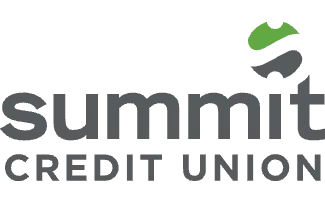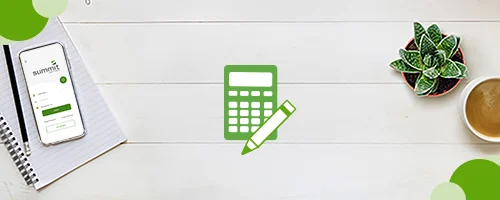Takeaways From Our Project Money Season 15 Teams
Financial Education
Breaking Free of the “nsf” Fee
Money Management
Digital Banking
-
First, we’ll try to protect you from the overdraft. We’d do this by transferring money from your linked savings account (or an Overdraft Protection Line of Credit if you’ve applied for and gotten that). If there’s enough funds in that linked account, your utilities bill is paid and there’s just a $3 transfer fee.1 -
Not enough money in a linked account to pay the charge? We’d still pay the charge on your behalf and allow the account to go negative, applying an Overdraft Courtesy Pay fee of $281 (if you’ve qualified for this service and not opted out). This fee is in place because by paying the item when you don’t have the money for it, we’ve extended you those funds and trust that you’ll bring your account balance positive soon. We also don’t charge a fee if your account balance stays negative, which is common at many banks. -
Don’t have Overdraft Courtesy Pay? In this case, we don’t pay the utilities charge on your behalf and instead return your payment, not letting your account go negative. You won’t get a fee – because this is the “NSF” fee we’ve eliminated. You may have heard this situation called a “bounced check,” even though you’re paying electronically and not with a physical check in this example (could also refer to a bill pay payment). Heads up that the utility company may charge you a fee for the returned payment.
-
Keep an eye on account balances. We try to make this easier by giving you anytime, anywhere access to your accounts through online and mobile banking. (It’s good to watch your accounts regularly for fraudulent purchases anyway.) Remember to factor in recurring automatic payments that may not always show up in real time. -
Cushion your savings account. Why your savings? Because before we charge an overdraft fee, we’ll transfer money in $50 increments from your savings account to cover it. The transfer fee is only $3.1 -
Open an Overdraft Protection Line of Credit. This ensures funds are there to cover an overdraft, regardless of what’s in your savings account. Again, you won’t pay an overdraft fee, just $3 for each transfer1 from your line of credit. -
Opt out of any Summit overdraft courtesy pay. If you opt out of overdraft courtesy pay that you might have opted into or otherwise qualified for, we’ll return your checking account transactions and not pay them on your behalf. Remember, there’s no fee anymore for this because it’s an “NSF” transaction. The downside to this is that your payment won’t be made and you could have a charge from the business or individual that was expecting your payment. -
Open our Balance Checking. There’s no overdraft fees, ever, with this checking account – payments are automatically returned if there’s not enough money to cover them. -
Set up account balance alerts. You can set alerts in your online banking to remind you when your checking hits a certain balance. This gives you a chance to add money to your account before making purchases. -
Sign up for direct deposit. Having your employer deposit your checks directly into your Summit account gives you faster access to that money. -
Use Climbr®. It’s your very own free personal financial management tool from Summit! And beyond helping you budget, it can alert you to upcoming bills and show your balances and transactions.
total member savings of $29.9 million
fee schedule
2 Average primary savings over the cost of doing business with a for-profit banking institution in WI. Your savings may vary based on your creditworthiness and other factors.

Guide To Financial Confidence

Breaking Free of the “nsf” Fee

3 Reasons Financial Wellness Should Be One Of Your New Year’s Resolutions

Three Smart Things To Do With Your Tax Refund

8 Ways To Be More Eco-friendly (and Save Money)

4 Financial Tips To Consider When Borrowing Money For The First Time

5 Ways To Save Money During The Holidays

5 Tips To Your Home Improvement Sweet Spots

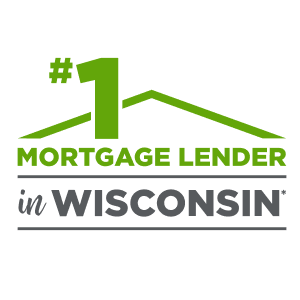
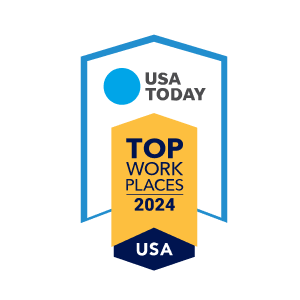
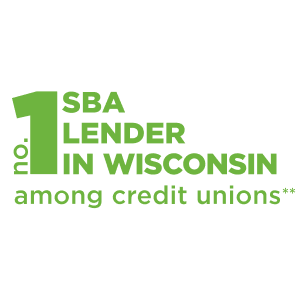
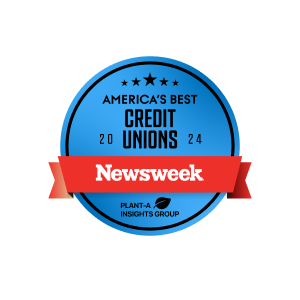
Featured Products
Financial Education
About
Help & Support





Stay on SummitCreditUnion.com
Go
Consumer Financial Protection Bureau's website.


